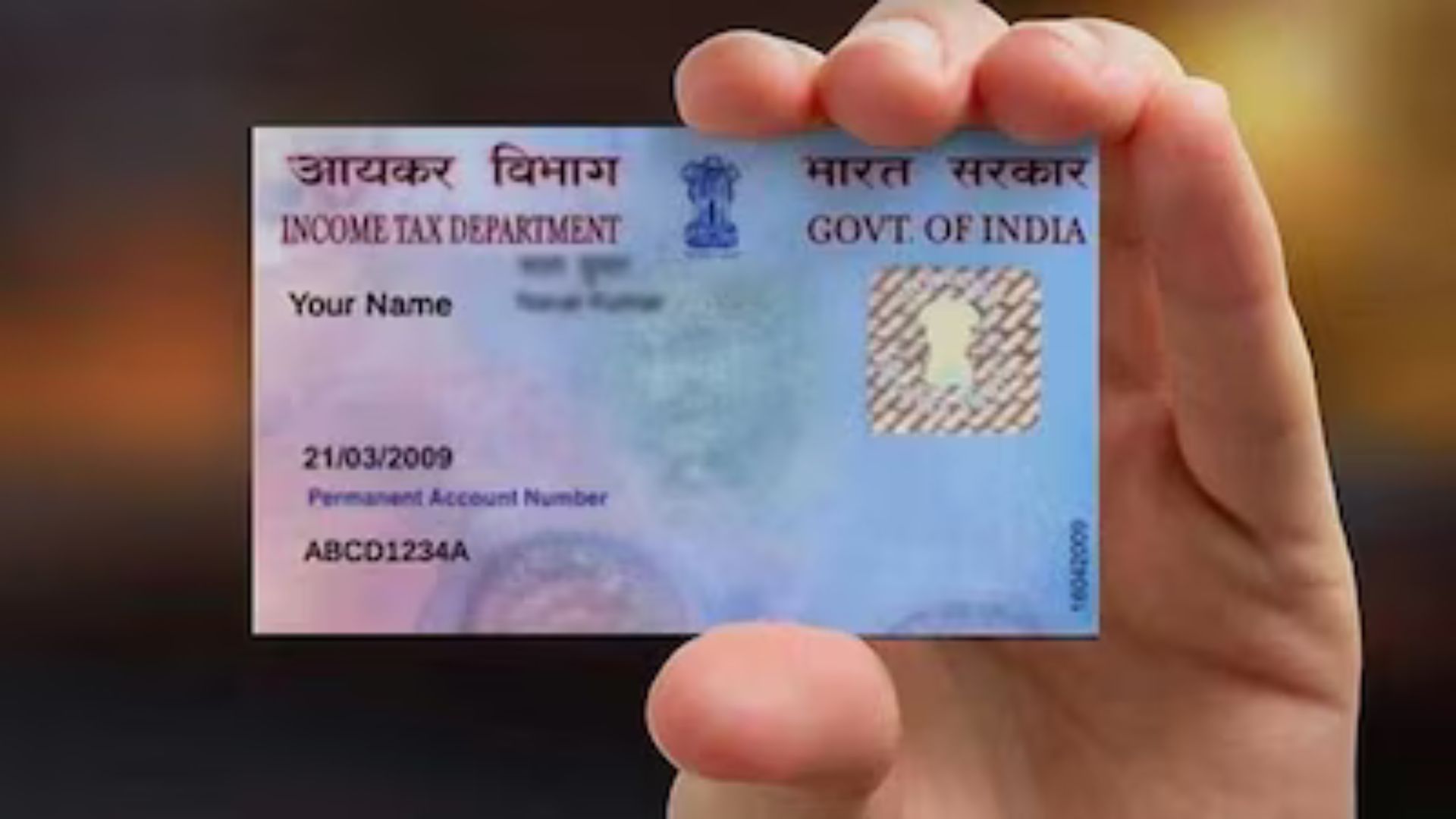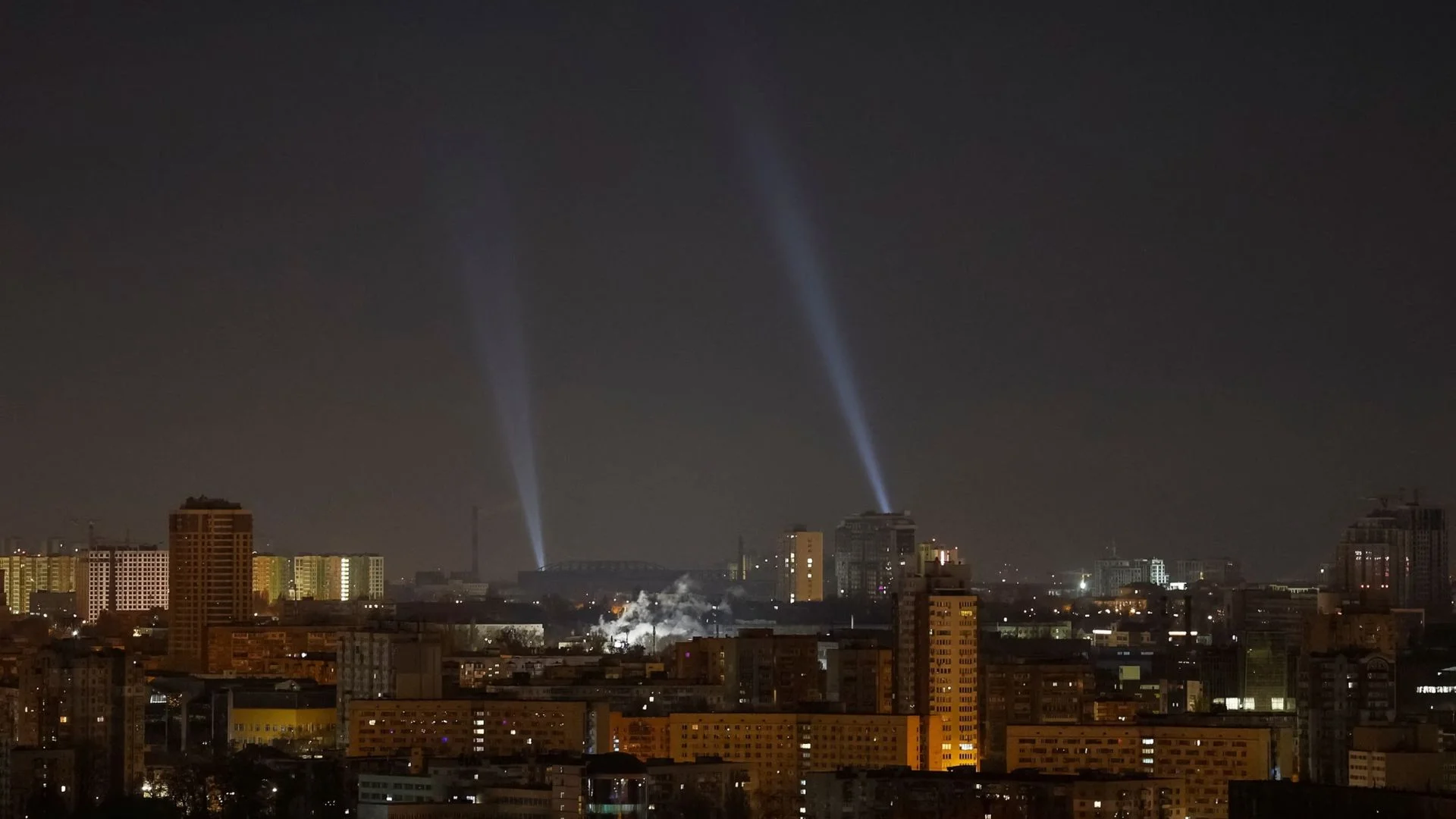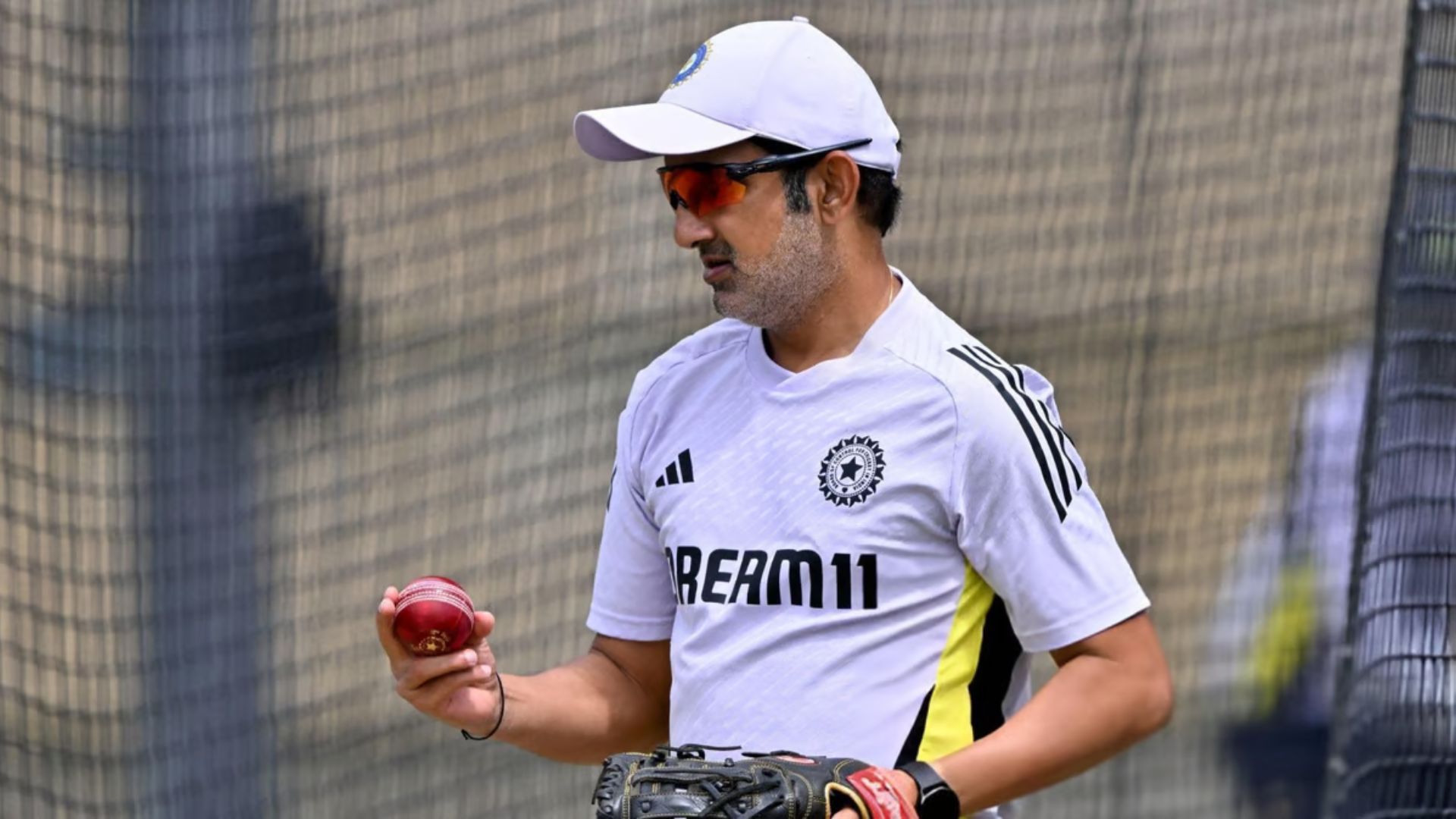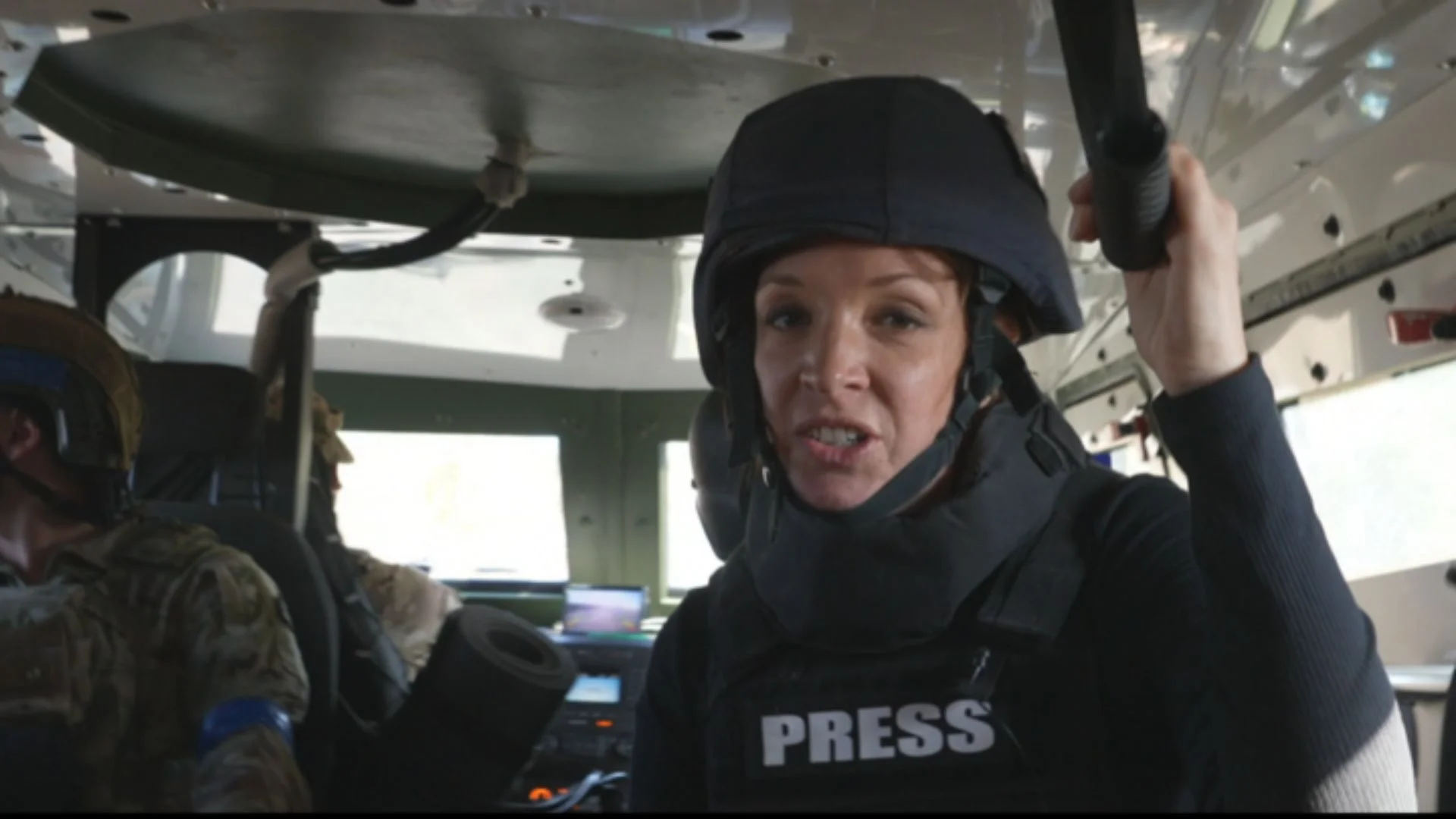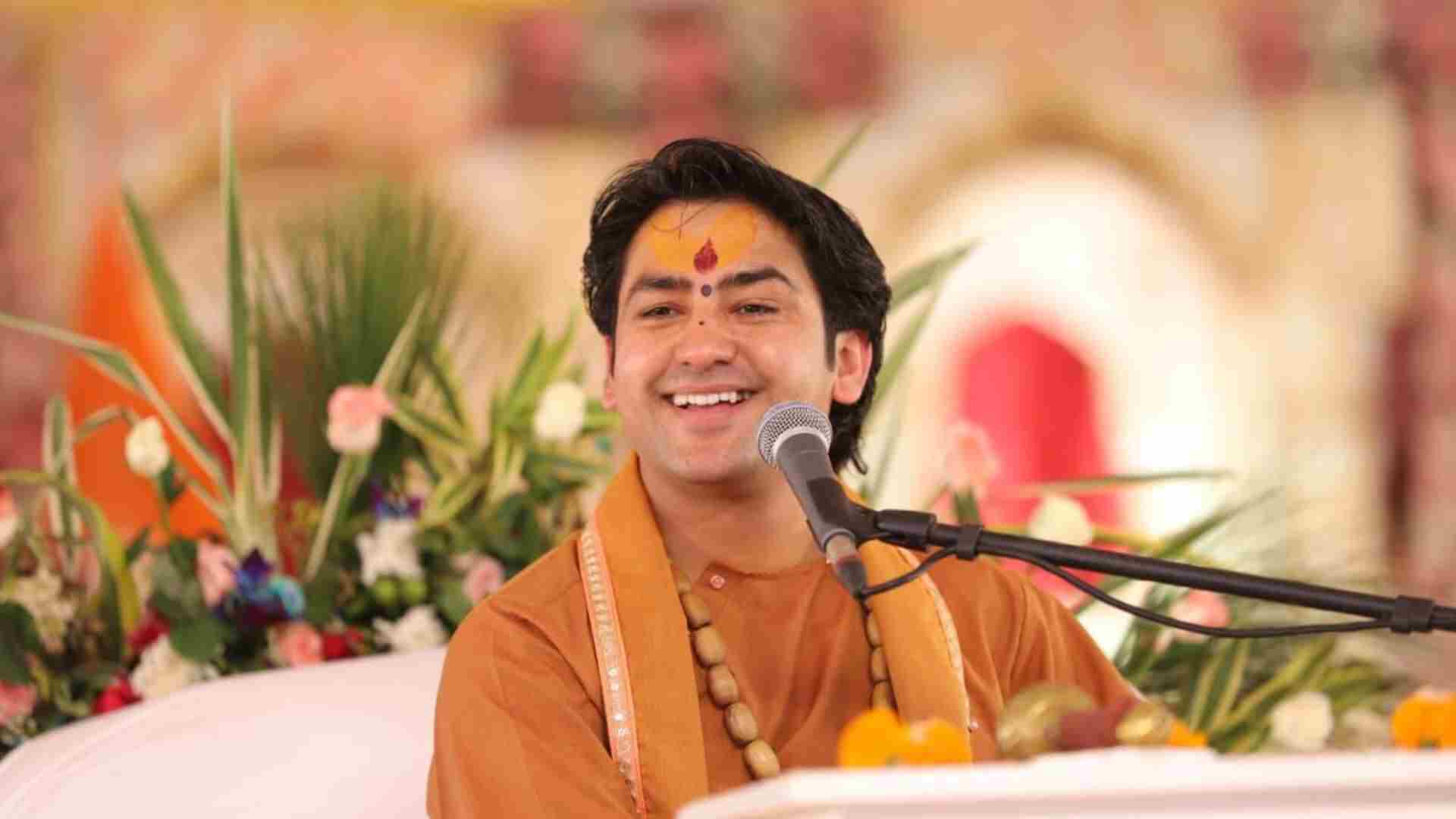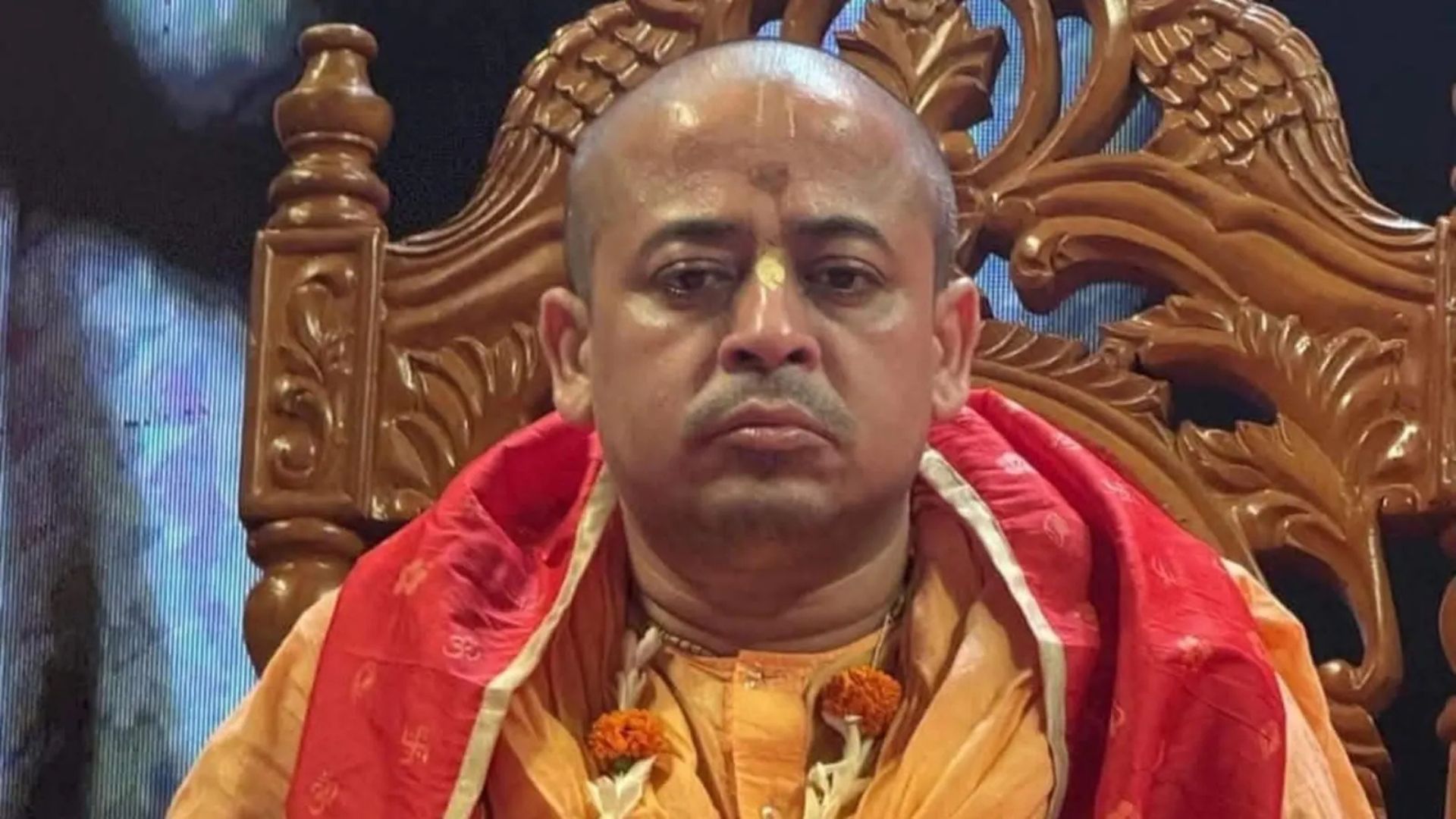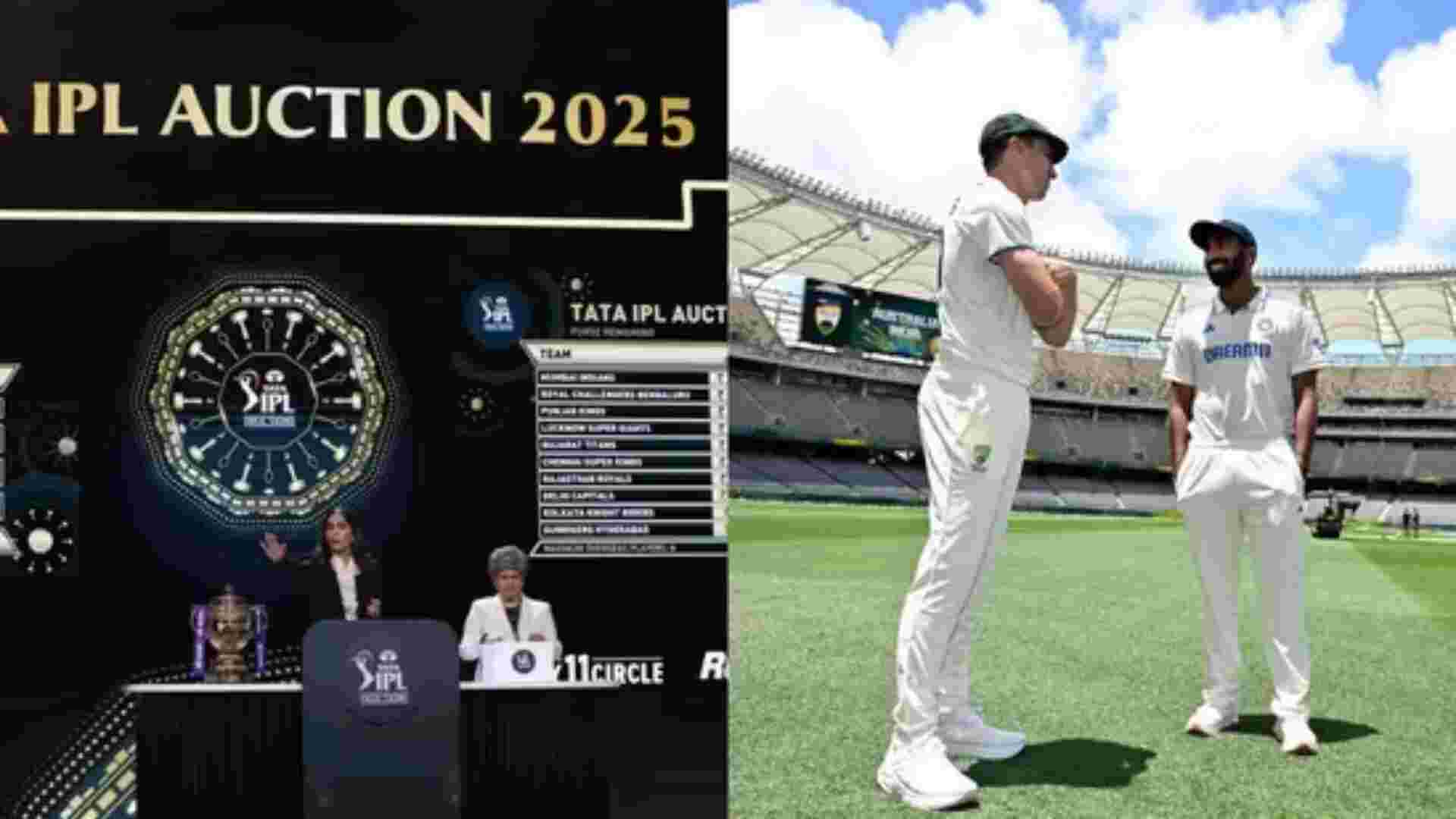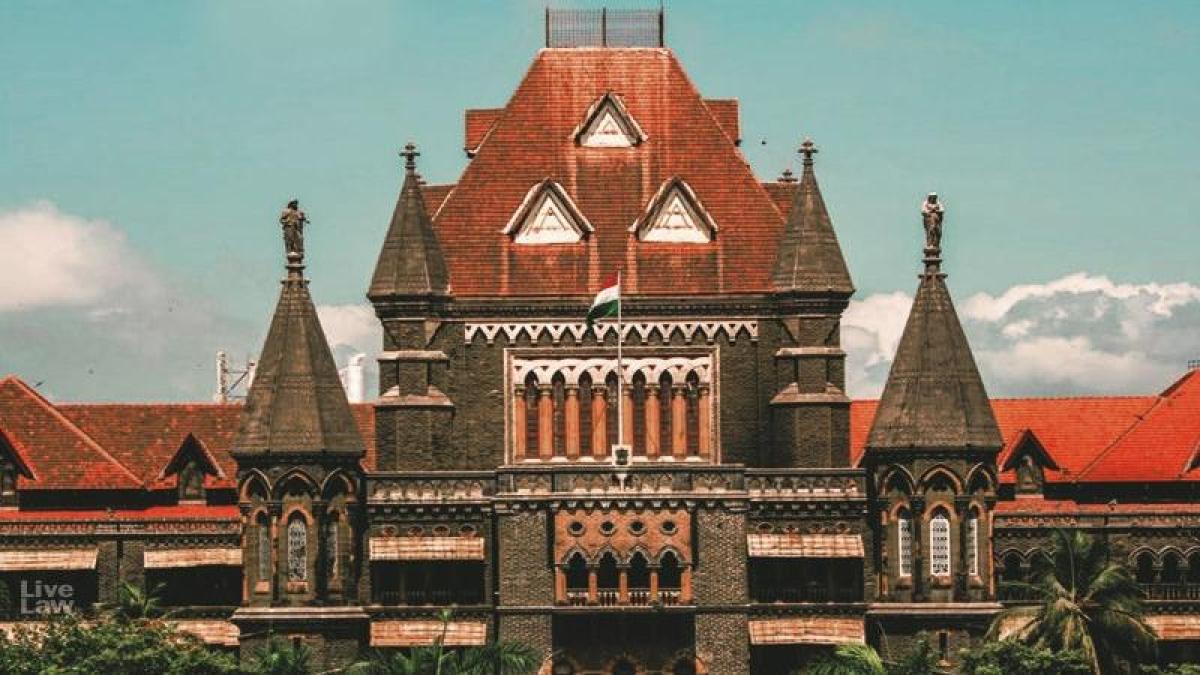
The Bombay High Court in the case observed and has directed the insurance company to compensate a woman’s kin for her death in a vehicular accident despite the driver license is being expired having expired on the ground that an expired license would not make him as an ‘unskilled driver’
The bench headed by Justice Shivkumar Dige in the case observed and has set aside the Motor Accident Claim Tribunal’s order exonerating the insurance company of any liability wherein owing to be expired driving license. Thus, the court also upheld the original claimant’s right in order to make an appeal in such a case.
The court in the case stated that it has been stated under Section 173 of the Motor Vehicles Act that any person who is aggrieved by the Tribunal’s award can file Appeal, thus, the Appellant being Claimants have right to file Appeal.
Background of the Case:
In the said case, the deceased named, Asha Baviskar was riding pillion along with her husband when a truck tried to overtake the vehicle of them on 23.11.2011 and thus, the Baviskar was being hit by the truck and died after being run over by the rear wheel of the truck.
It has also been ordered by the Tribunal in the said case that the truck owner to pay compensation but exonerated the insurance company of liability as the truck driver’s license which is being expired four months before the accident, which means that he was not holding a valid driving license.
Therefore, an appeal is moved by victim’s kin against the insurance company in the High Court against this award.
Further, it has been argued by the insurance company in the case was that the truck owner would fall under the definition of ‘aggrieved person’ and could file an appeal under Section 173 of the MV Act. Therefore, the person was not defined under the MV Act and claimants could not be considered as aggrieved person in order to only get compensation from Insurance Company.
However, the said court is of the view at the time of the accident, the offending truck was insured with the Insurance Company, there being the contractual liability of the Insurance Company to indemnify the compensation.
The court in the case observed that it being the settled principle of law that if driver of offending vehicle was not holding effective and valid driving licenses at the time of the accident, the insurance company in the case has to pay compensation first and recover it from the owner of the offending vehicle.
